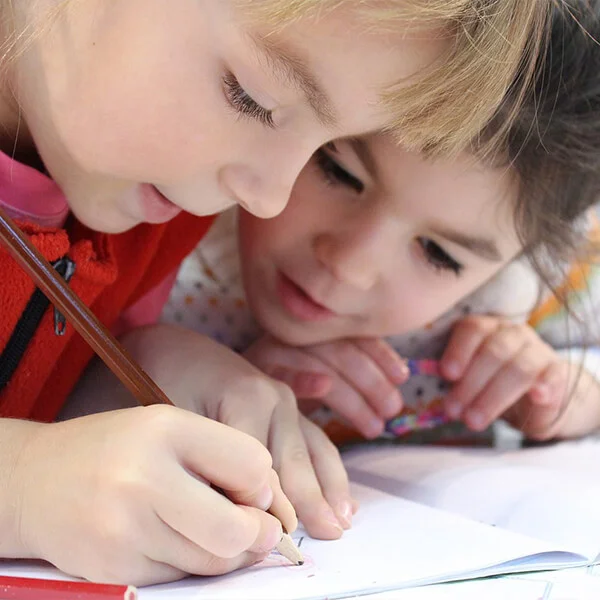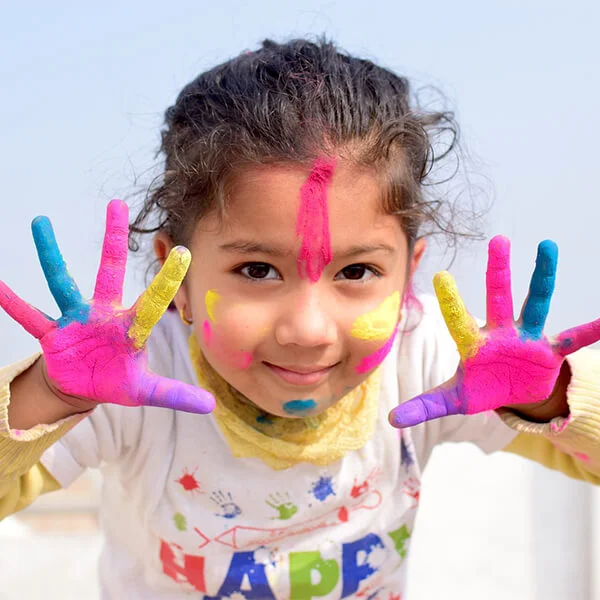Welcome to
Royal Montessori Academy
"The child can only develop by means of experience in his environment. We call such experience work."
- Dr. Maria Montessori
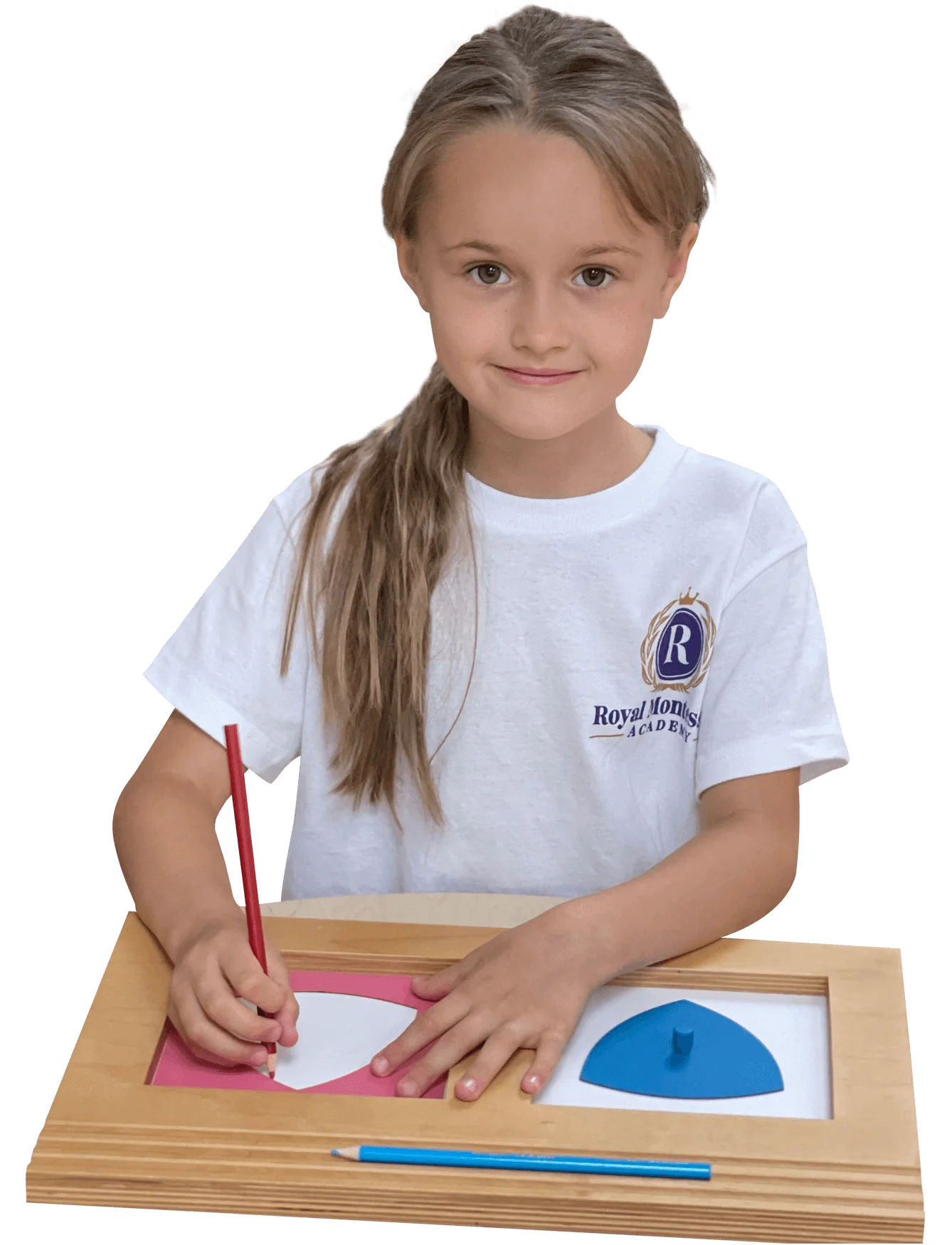
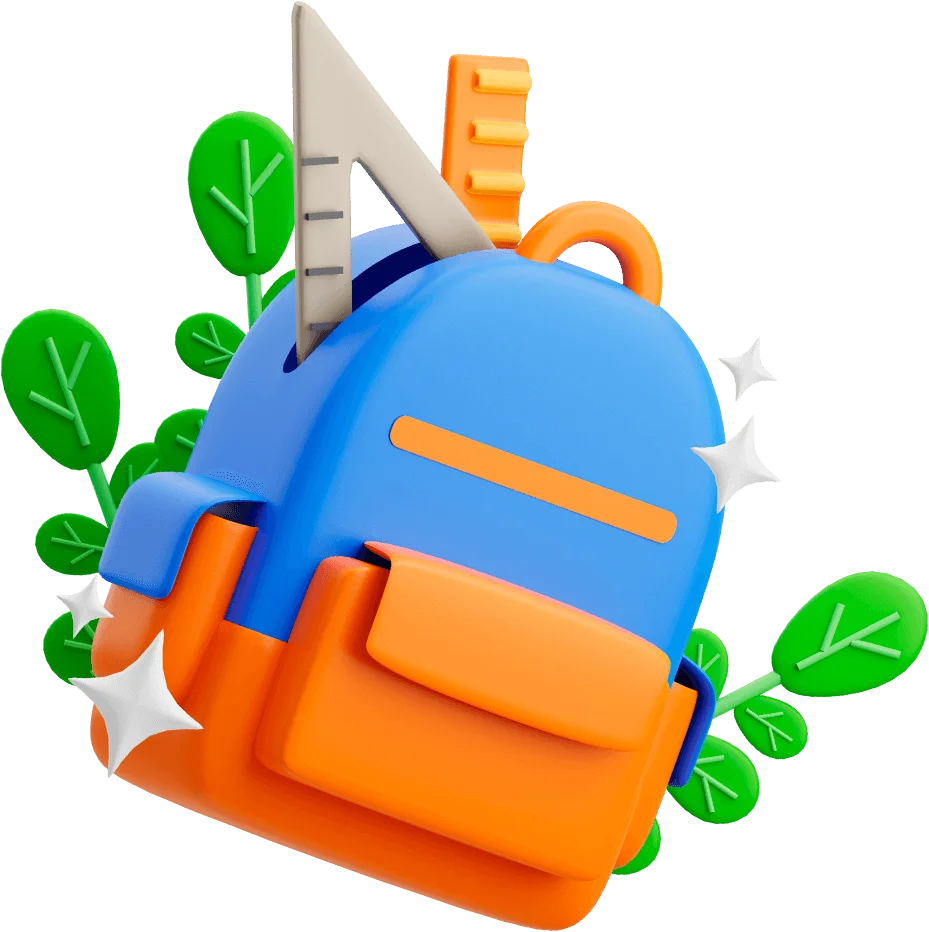

"The child can only develop by means of experience in his environment. We call such experience work."
- Dr. Maria Montessori



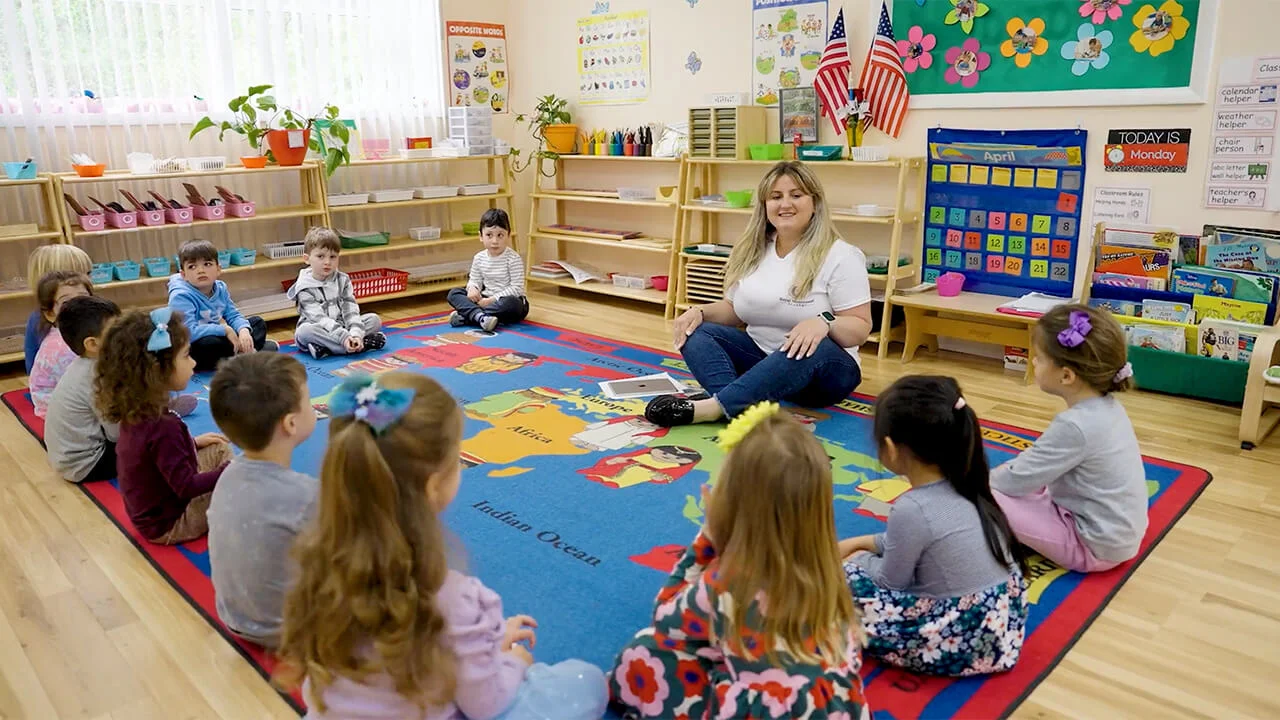
Welcome to Royal Montessori Academy: Where Your Child's Natural Love of Learning is Nurtured.
We believe that every child has a natural curiosity and love of learning. Our Montessori education approach is based on profound respect for your child's sincere desire and ability to learn, and recognition of their need for independence.
At Royal Montessori Academy, we strive to protect and nurture your child's crucial periods of concentration and contemplation. These are the moments that reveal the normal human: happy, peaceful, kind, generous, focused, hard-working, healthy, and creative.
We believe that a balanced attention to intellectual, physical, emotional, and spiritual development is fundamental to your child's progress and enjoyment in learning. By preparing educational materials that are tailored to your child's needs and respecting their rhythm and choices, we encourage life-long traits of order, concentration, and contemplation.
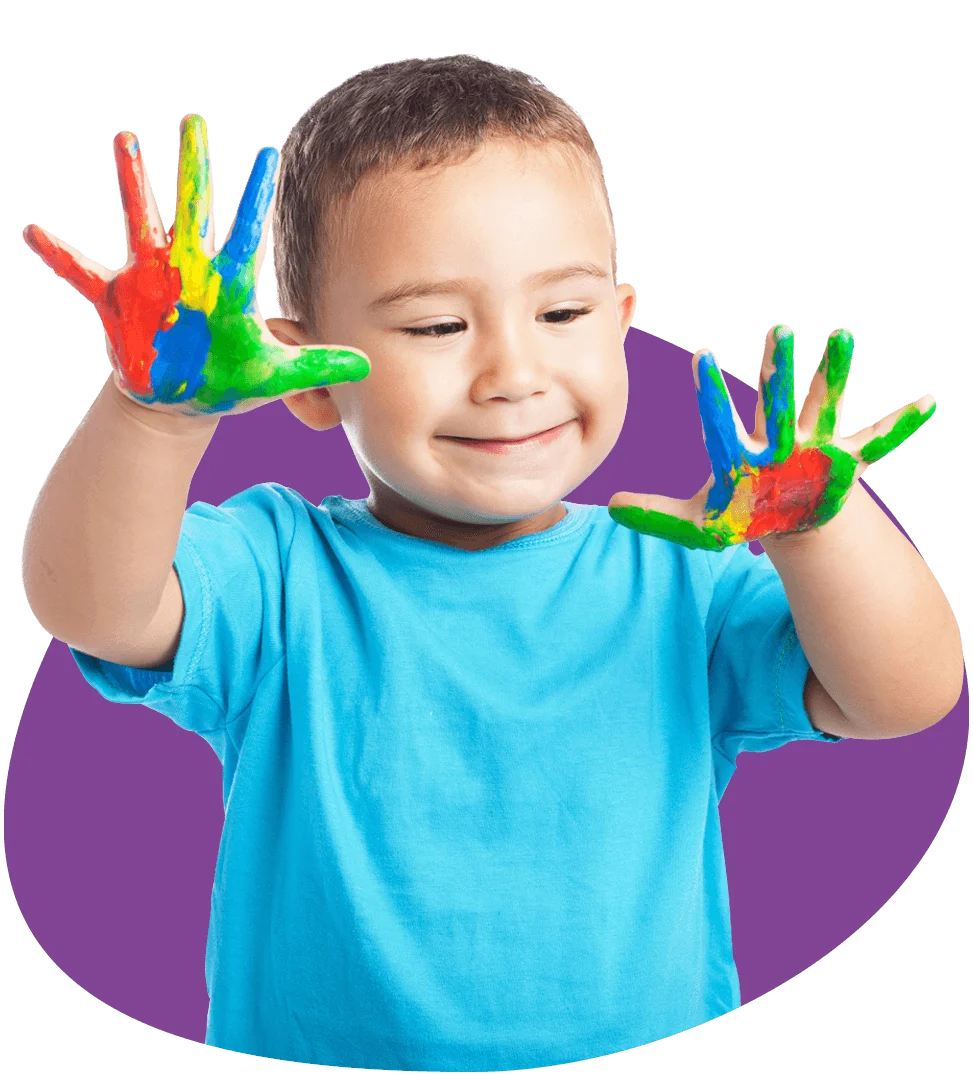
How did a successful financial advisor become owner of a Montessori school? It may sound like two completely different worlds, so here is our back story
As a father of 3 beautiful children, I want to give my kids the best possible education coupled with everything a warm and loving household can offer—things such as love, care, respect, warm meals made from grass fed and organic products, unrushed nap time — and that’s just to name a few.
I was very frustrated with what I was seeing around me. I had to either choose from hardcore education with minimal TLC or lots of pampering without giving much emphasis to education. I knew I wanted to give the world to my kids, but couldn’t find
anything that would make me happy. Coming from Wall Street, I felt like kids were treated like a commodity versus being treated like kids. I had a vision of what I wanted Montessori School to be and after giving it much thought, I decided to make my vision a reality.
The goal of both Montessori and Traditional schooling is the same: to provide learning experiences for the child. The biggest differences lie in the kind of learning experiences each school provides and the methods they use to accomplish this goal. Montessori educators believe both differences are important because they help shape what a child learns, his work habits, and his future attitudes toward himself and the world around him.
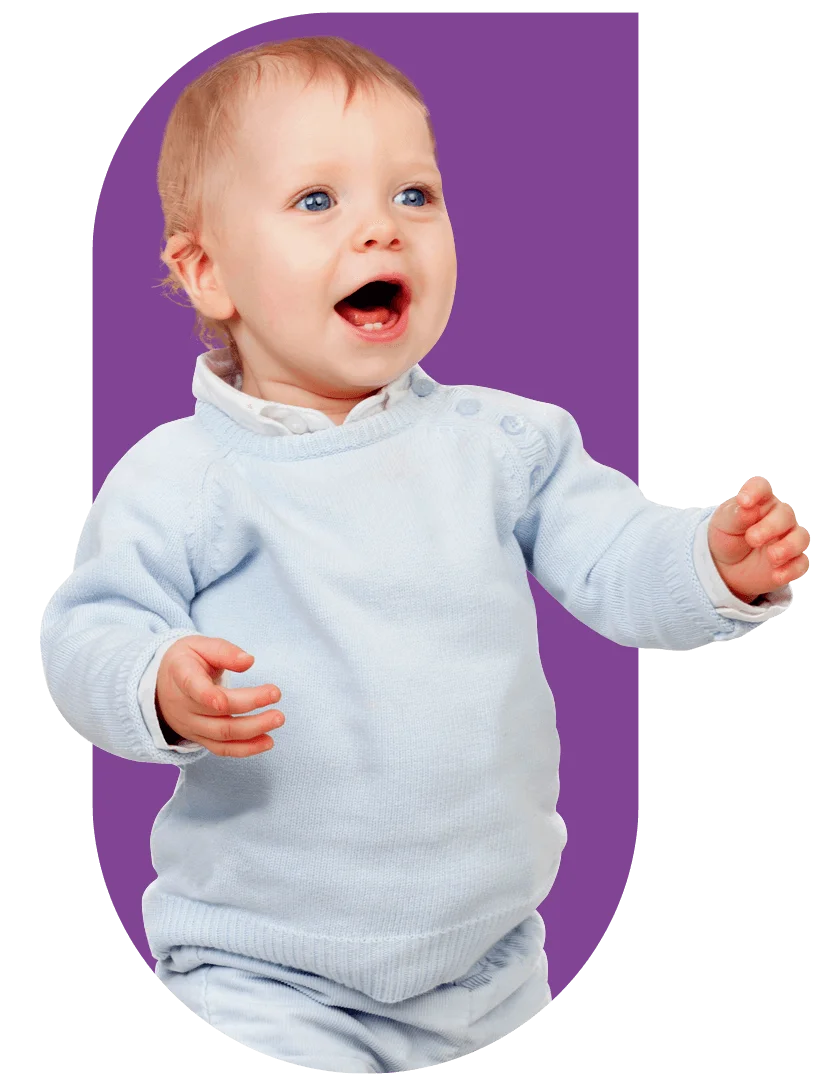
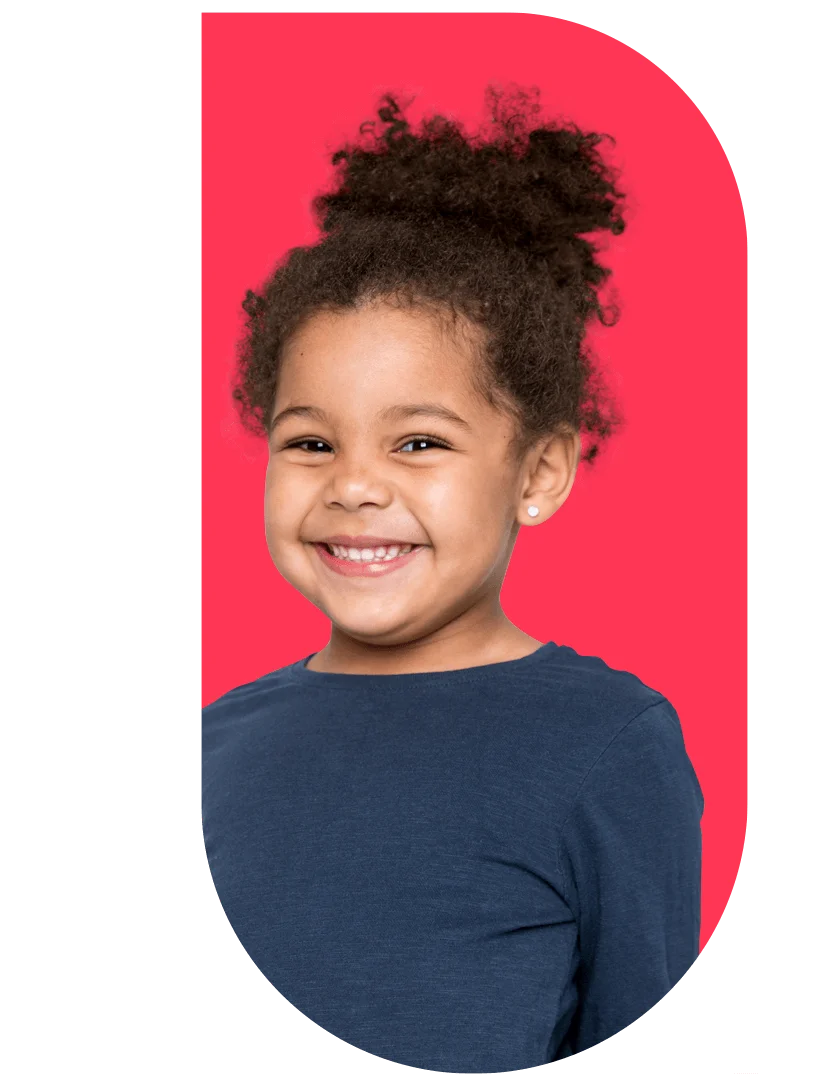
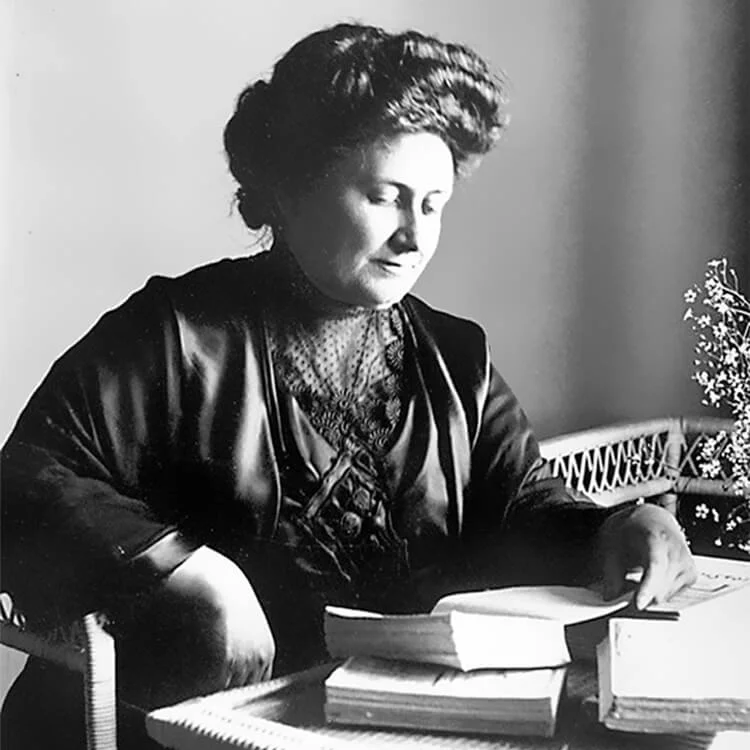
An exceptional neurologist, specialized in child development, Dr. Maria Montessori was, in fact, the first Italian woman to ever receive a degree in medicine. In January 1907, she created the “Casa dei Bambini” in San Lorenzo - a poor industrial quarter of Rome.
She observed the needs of the infant through adolescence. Her analyses and scientifically designed learning program have been an international inspiration of early childhood education.
Dr. Montessori believed the purpose of education is to be an aid to life. It should go far beyond the mere acquisition of knowledge in various areas of culture. Her teachings were based on a psychology honoring the individuality of the child, with the aim of harnessing a child’s innate delight in discovery.
Two of Montessori’s primary influences regarding child psychology were the French physician Jean Itard (1775-1838) and his student, Edouard Seguin (1812-1880). Their work profoundly inspired Dr. Montessori, who in turn developed a deep understanding of the connection between the physiology and neurology of the child.
Dr. Montessori’s insights - which foster harmony through disciplines of grace and courtesy, self-reliance and self-esteem - continue to universally inspire families, educators and governments from all walks of life.
We are located at 337 Route 9 South, Manalapan, NJ 07726. You can call us at (732) 786-3133. If you have any questions about our programs, pricing, or anything else, feel free to contact us using the form below or at info@royalmontessorinj.com.
